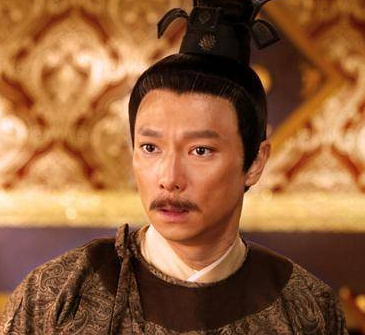In the long river of history, countless "ifs" and "maybes" constitute our endless fancy about the past. Liu Shan, the last emperor of the Shu Han dynasty during the Three Kingdoms period, his surrender has always been a hot topic among historians and enthusiasts. If Liu Shan had not chosen to surrender, would the fate of the Shu Han dynasty have been different? Let us launch a virtual discussion based on historical facts.

I. The ruling background of Liu Shan
Liu Shan ascended the throne in 223 AD to become the emperor of the Shu Han dynasty. During his reign, his strength was already at a distinct disadvantage compared to Wei and Wu. Coupled with the confusion caused by the eunuch Huang Hao in the court, the national strength gradually declined, and the people suffered. Under these circumstances, Liu Shan's ruling foundation was already precariously unstable.
II. The political and military situation of the Shu Han dynasty
In the late stage of Liu Shan's reign, the internal conflicts within the Shu Han dynasty intensified, political corruption became severe, the economy was in dire straits, and the people's morale sagged. Externally, there was the powerful Wei dynasty waiting to pounce, and a number of talented generals and counselors such as Zhu Geliang passed away one after another, leaving the Shu Han dynasty without its core strength to maintain the situation.
III. The direct cause of Liu Shan's surrender
In 263 AD, the generals Deng Ai and Zhong Hui of the Wei dynasty led their troops to attack the Shu Han dynasty separately. The Shu Han army was retreating step by step, and Liu Shan chose to surrender amid internal and external troubles. This decision undoubtedly accelerated the demise of the Shu Han dynasty, but from another perspective, it also avoided the loss of more innocent lives and wasted resources.
IV. Assuming Liu Shan did not surrender
If we assume that Liu Shan did not surrender, then the Shu Han dynasty may have continued to struggle under internal unrest and external pressure. However, given the depletion of talent and the weakness of military strength at that time, it would be difficult to effectively resist the attack of the Wei dynasty. Ultimately, the demise of the Shu Han dynasty may have only been a matter of time.
V. Conclusion
History does not allow hypotheses, and Liu Shan's surrender was actually an inevitable choice under specific historical conditions. Although we cannot be sure that the Shu Han dynasty would have survived if there had been no surrender, we can learn from it the importance of national governance. If a country is internally united and politically clear, it has the opportunity to turn danger into safety even when facing a strong enemy; conversely, internal and external troubles are important reasons for the decline and fall of a country. The historical lesson taught by Liu Shan and his Shu Han dynasty deserves deep consideration by people of every era.
Disclaimer: The above content is sourced from the internet and the copyright belongs to the original author. If there is any infringement of your original copyright, please inform us and we will delete the relevant content as soon as possible.
































